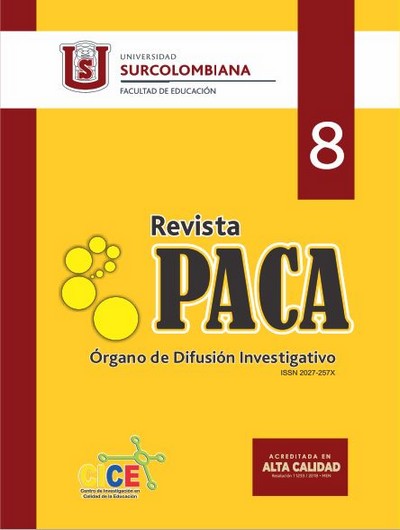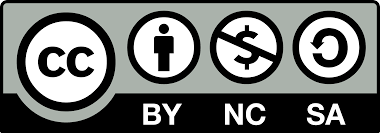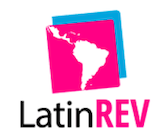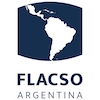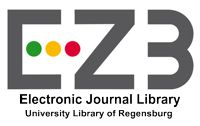From the disagreement with the Reform of Law 30 to the Superior Agreement 2034
##plugins.themes.bootstrap3.article.main##
The "great national dialogue for higher education" was presented as the proposal of the great consensus that took place in Colombia. A sumptuous denomination, since it places this assignment as the broadest of conversations about education in our national environment, a result that the National Council of Higher Education (CESU) presented to the public.
Prior to the process carried out by the CESU, in 2012 the National Student Wide Table - MANE Colombia, presented to the Colombian society an "explanatory statement of a new law of higher education for a country with sovereignty, democracy and peace". The objective of this document was oriented to establish the criteria of political, legal, academic and philosophical order that would allow to specify higher education as a fundamental right and common good for Colombian society, advancing in the construction of a Higher Education System, having like main axis that the superior education is public, guaranteed and financed by the State. This student movement, waved the democratic flag for the construction of the proposal of a new education for a country with sovereignty, democracy and peace, having a lot of echo in the mobilization and suffering a reflux in wanting to materialize the policy developed by the social group.
The following critical essay addresses elements of analysis to discuss the educational situation of the country from a controversial dialogue.
Downloads
##plugins.themes.bootstrap3.article.details##
Acuerdo por lo Superior 2034: Propuesta de política pública para la excelencia de la educación superior en Colombia en el escenario de la paz (2014)
Banco Mundial y OCDE. (2012) Evaluaciones de políticas nacionales de Educación La Educación superior en Colombia. Recuperado de http://www.oecd.org/education/skills-beyond-school/Evaluaciones%20de%20pol%C3%ADticas%20nacionales%20de%20Educaci%C3%B3n%20-%20La%20Educaci%C3%B3n%20superior%20en%20Colombia.pdf
Bernstein, B., & Díaz, M. (2017). Hacia una teoría del discurso pedagógico. Revista Colombiana de Educación, (15).
Cruz, Edwin. (2012) "La MANE y el paro nacional universitario de 2011", en: Revista Ciencia Política Nº 14, julio?diciembre de 2012, pp. 140?193.
Departamento de Planeación Nacional. (2010). Plan Sectorial de Educación 2010- 2014. Recuperado de: http://www.mineducacion.gov.co/1621/articles293647_archivo_pdf_plansectorial.pdf
FUN Comisiones MODEP (2013) "RECOMENDACIONES" DE LA OCDE: Los planes de la administración Santos para la educación superior en Colombia, consultado en: http://funcomisionesmodep.org/index.php?option=com_content&view=article&id=175:recomendacionesde-la-ocde-los-planes-de-la-administracion-santos-para-la-educacionsuperior-en-colombia&catid=48:academicos&Itemid=48
Goethe Institut "La elección del centro de educación correcto", en: http://www.goethe.de/ins/us/lp/prj/tod/der/stu/bif/es11989708.htm, fuente: Oficina Federal de Estadística, consultado el 13 de marzo de 2016.
Mesa Amplia Nacional Estudiantil (2012). Exposición de motivos de una nueva ley de educación superior para un país con soberanía, democracia y paz. (Doc. Escrito).
Múnera, Leopoldo. (2013) Cuando la inclusión social no es igualdad de oportunidades (La reforma a la educación superior en Colombia). Revista Foro.
Orozco Silva, Luis Enrique. (2009) Alcances y límites del Acuerdo por la Educación Superior 2034 Políticas de Educación Superior en Colombia. 2009-2013. Bogotá: Editorial Uniandes.
Sánchez, F. (2013). El financiamiento de la Educación Superior en Colombia. En Orozco, L. (Compilador). (2013). La Educación Superior. Retos y Perspectivas. Bogotá: Editorial Uniandes.
Sierra, G., P. (2011). La Fiebre del Caucho en Colombia. Biblioteca Virtual Luis Ángel Arango
Tilly, Charles. (2000) La desigualdad persistente. Buenos Aires: Manantial.


